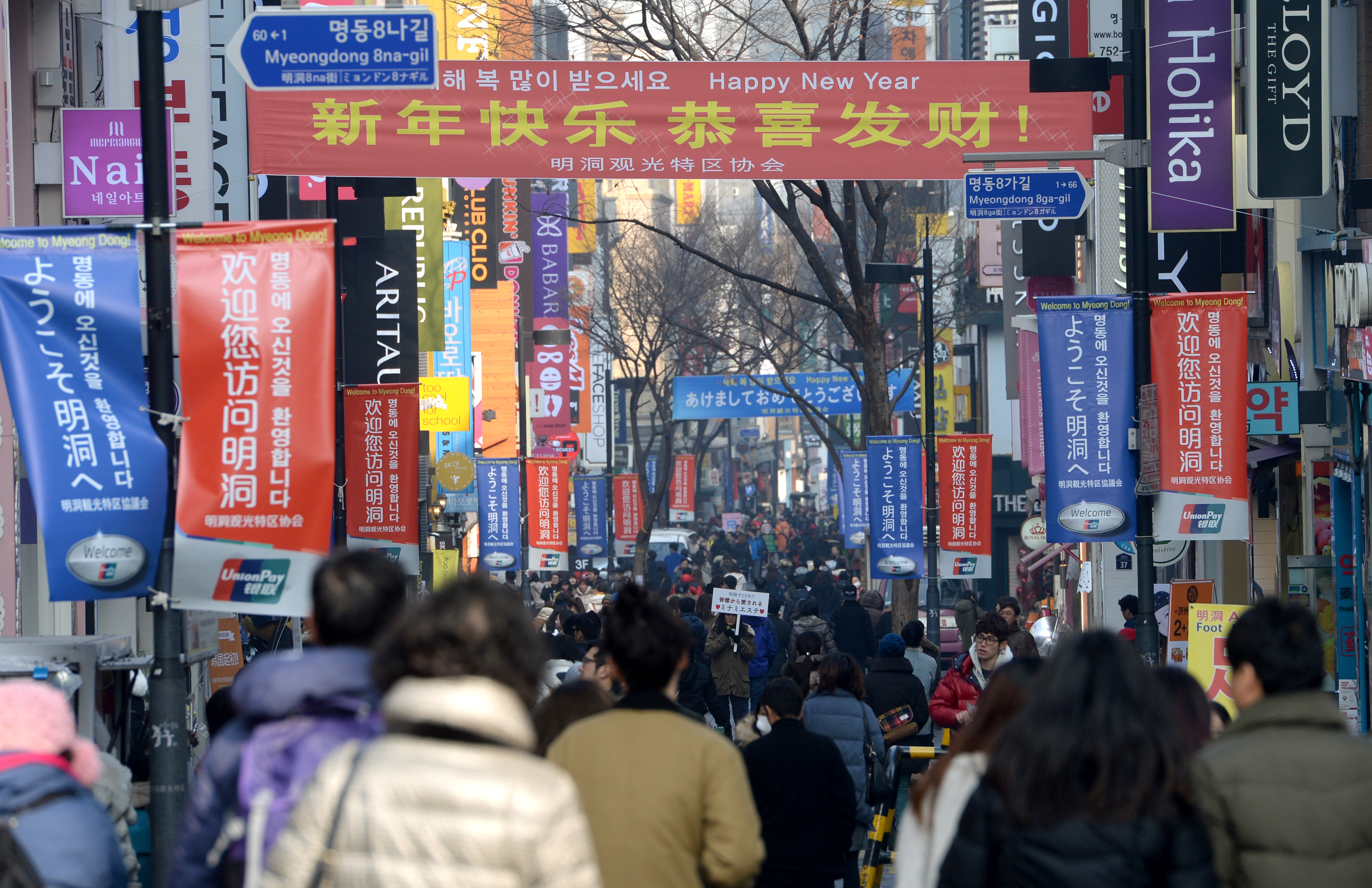
Travel warnings in effect for women not to travel India alone

The United States and other foreign embassies have issued travel advisories warning that women should not travel alone in India. One of the advisories states women are “at risk and should exercise vigilance.”
Travel warning measures from foreign countries came in effect after the rape incident involving a South Korean student in central India. The incident surfaced at a time when the country is confronted with protests demanding enhanced laws to deal cases of sexual assault against women.
Nationwide protests were held seeking speedy justice to the gang rape victim, owing to which the Union Cabinet cleared an ordinance to promulgate strict anti-rape law. The ordinance include death penalty for accused if the victim dies or is left in vegetative state.
According to the Indian Department of Tourism, over the first eleven months of 2012, the country welcomed some 5.9 million visitors to its shores, reflecting year-on-year growth of nearly six percent.
A 23-year-old South Korean college student, holidaying in India on a tourist visa, reported to police that she was drugged and raped by the son of a hotel owner as she visited the Bandhavgarh National Park in Madhya Pradesh state, central India, reports Dispatch News Desk (DND).
She said she was raped after returning to the hotel from a safari. The incident happened on January 14, but she said she did not have the courage to report it right away. The Hotel Manager, Deepak Vishwakarma, has reportedly confessed that he raped the Korean student on January 14.
“The incident happened last month. But the South Korean student reported it to the police this week. She claims that she was raped by the son of the owner of a hotel where she had put up during a visit to the Bandhavgarh National Park in the state,” said a senior police official. South Korean Embassy in the national capital has been informed about the incident.
The incident comes on the heels of the brutal gang-rape of a student in New Delhi on December 16 last year that has sparked an outpouring of criticism of the police and inadequate safety for women in Indian society.
The incident has shaken the core of the country, and it has created ripples which could directly affect the well-built image of India globally. While the tourism industry in India is trying to enhance the country’s image, a high-profile case in Delhi has increased concerns regarding the safety of female travelers to India.
The gang rape of the 23-year-old physiotherapy student in Delhi, who was beaten and raped by 6 men in a moving bus after beating her male companion, has created turbulence among the tourists planning trips to India. The crime against women in India has captured international attention since the Delhi incident. Over 24,000 rape cases were reported in India in 2011.
Five of the accused are currently on trial and have been charged with rape and murder while the sixth accused is likely to get away lightly after a court ruled that he is a juvenile, under 18 years of age.
Oh Ryong news@theasian.asia





